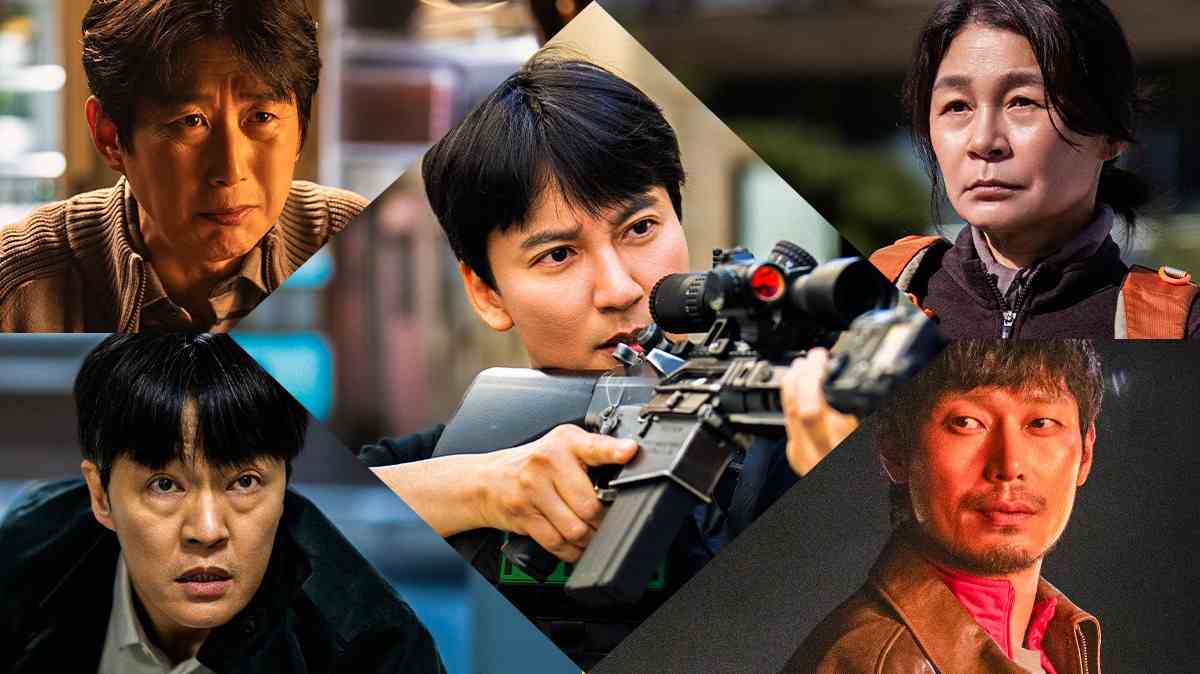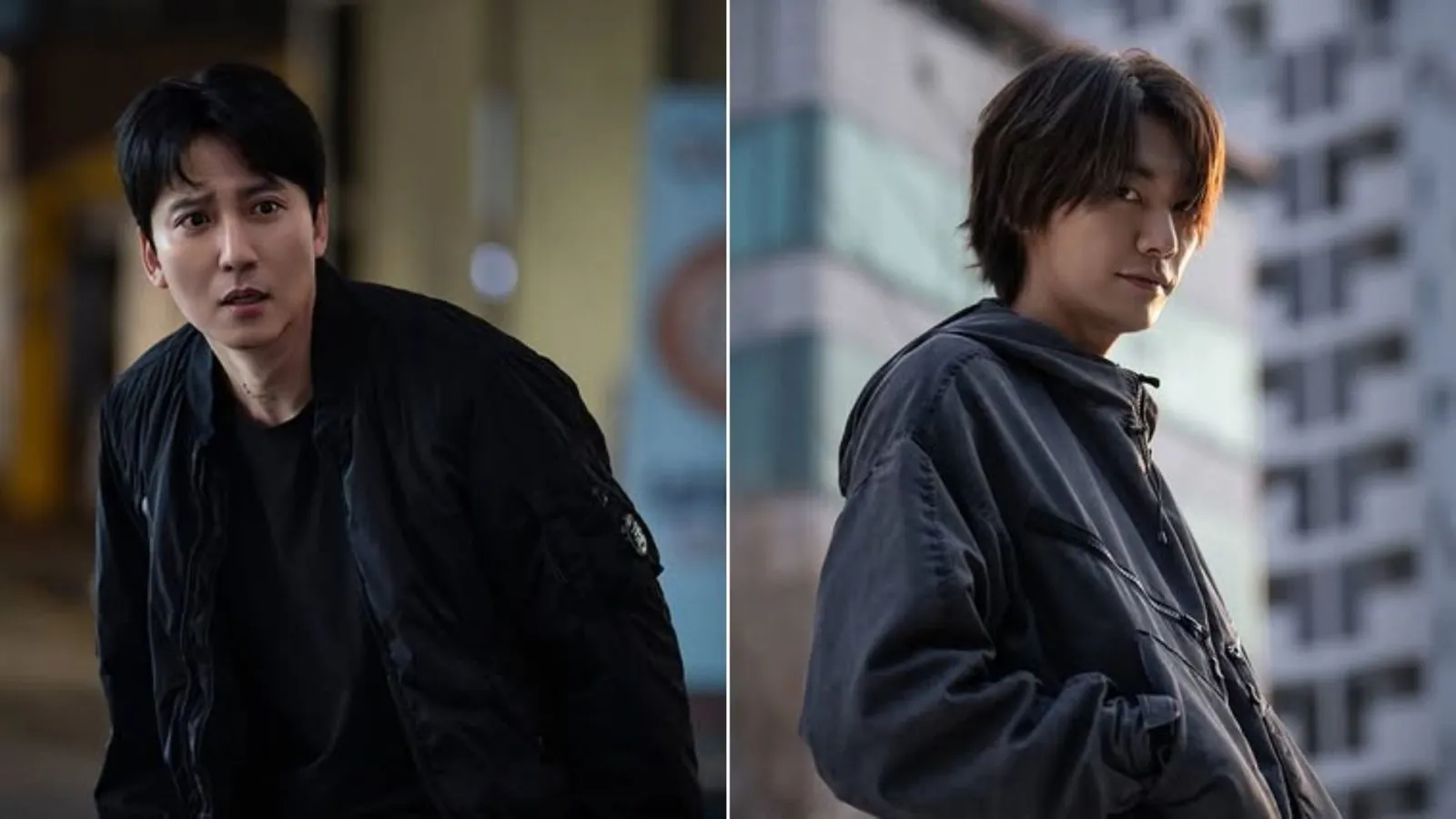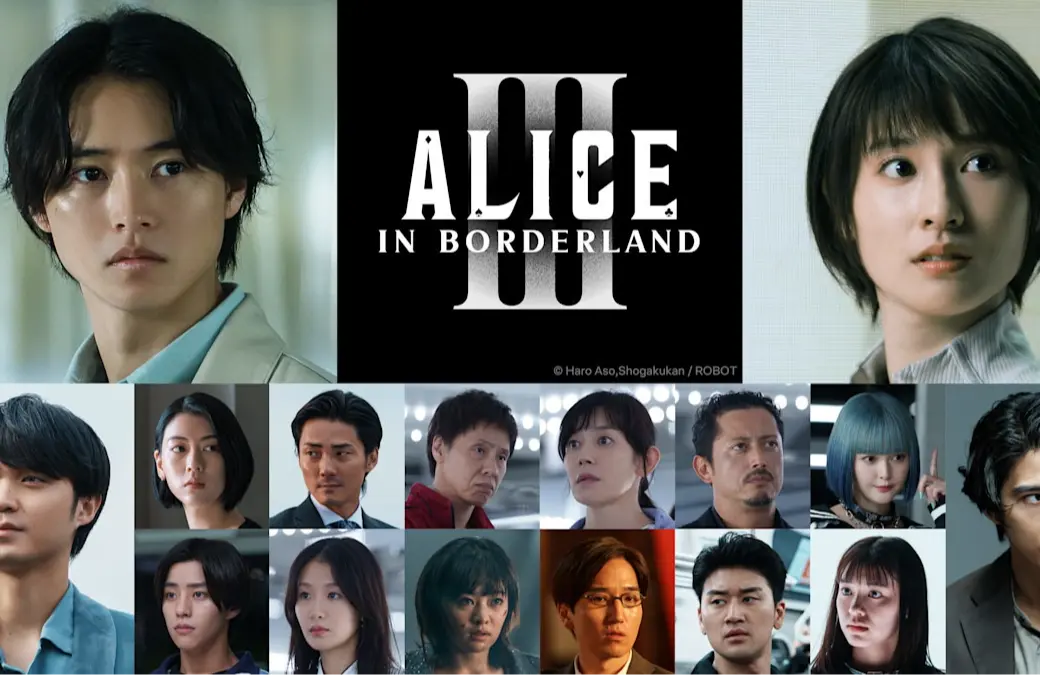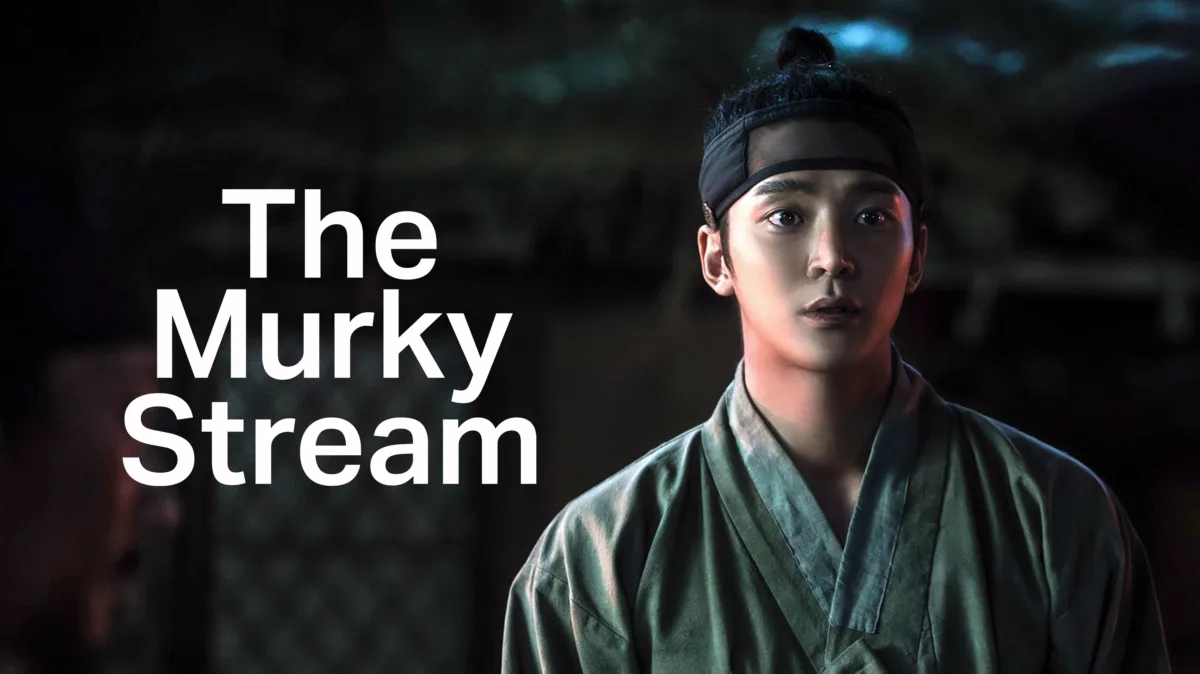
Is Trigger K-Drama Worth Watching?
The notification popped up on my phone at 2 AM: "New K-Drama Alert: Trigger." I should have gone to sleep, but something about the dark, gritty poster featuring Kim Nam-gil with a haunted expression made me click play. Six hours later, I emerged from what can only be described as an emotional rollercoaster that left me questioning everything I thought I knew about Korean storytelling.
But was it worth those lost hours of sleep? Let me break it down for you.
What Exactly Is Trigger K-Drama About?
Trigger isn't your typical K-drama romance or family saga. This 2025 dystopian thriller drops viewers into an alternate Korea where firearms flood the streets—a chilling parallel to America's mass shooting epidemic. The story follows two men whose lives intertwine in the most devastating way possible: one loses his family to gun violence, while the other becomes the perpetrator.
The premise alone sets Trigger apart from the usual K-drama landscape. Where most Korean dramas focus on healing and human connection, this series dives headfirst into trauma, revenge, and the cyclical nature of violence.
The Cast That Brings Intensity to Every Scene
The cast of Trigger television show reads like a who's who of Korean acting powerhouses. Kim Nam-gil, known for his versatility in both "The Fiery Priest" and "Through the Darkness," delivers a performance that'll leave you emotionally drained. His portrayal of a father consumed by grief feels disturbingly authentic.
Kim Young-kwang matches this intensity as the troubled gunman, creating a character who's simultaneously sympathetic and terrifying. The supporting cast includes seasoned actors who understand the weight of the subject matter, making every scene feel uncomfortably real.
What struck me most was how these actors managed to humanize characters dealing with unimaginable circumstances without ever glorifying violence.
How Many Episodes and Where Can You Watch?
Trigger consists of 8 episodes, each running approximately 60 minutes. This compact format works in the show's favor—there's no filler content or unnecessary romantic subplots to distract from the central narrative.
As for where to watch Trigger kdrama, the series premiered on OCN in South Korea. For international viewers, the Trigger kdrama Netflix release date has been a hot topic, though Netflix hasn't officially announced availability in all regions yet. Keep checking your local Netflix library, as Korean content distribution can vary by country.
Episode 1 serves as a masterclass in tension-building, establishing the alternate reality without overwhelming exposition. If you can stomach the first episode's intensity, you'll likely be hooked for the entire series.
The Good: What Makes Trigger Worth Your Time
Unflinching Social Commentary
Unlike many K-dramas that dance around controversial topics, Trigger tackles gun violence head-on. The writers clearly researched American mass shooting statistics and social dynamics, then transplanted these issues into Korean society. The result feels both foreign and eerily familiar.
Exceptional Production Values
The cinematography deserves special mention. Dark, muted colors dominate the palette, creating an oppressive atmosphere that mirrors the characters' mental states. Every frame feels deliberately composed to enhance the story's psychological weight.
Performances That Haunt You
Both lead actors deliver career-defining performances. Kim Nam-gil's breakdown scenes feel so genuine they're difficult to watch, while Kim Young-kwang creates a complex antagonist who defies simple categorization.
The Challenging Aspects: Why Some Viewers Might Struggle
Heavy Subject Matter
Let's be honest—Trigger isn't comfort viewing. The series deals with mass violence, PTSD, and revenge fantasies in graphic detail. If you're looking for escapist entertainment, this isn't it.
Cultural Translation Issues
Some Western viewers might struggle with certain cultural elements that don't translate perfectly. Korean concepts of justice, family honor, and collective responsibility play significant roles in character motivations.
Pacing Concerns
While the 8-episode format prevents dragging, some viewers feel the series rushes through psychological development. Complex trauma requires time to explore, and Trigger sometimes prioritizes plot over character depth.
How Trigger Reflects Real Korean Society
Here's something most international viewers miss: Trigger's premise isn't entirely fictional. South Korea has experienced increasing concerns about violence and social isolation, particularly among young men. The series amplifies these existing anxieties through its dystopian lens.
Korean audiences recognized subtle references to real incidents and social movements, adding layers of meaning that international viewers might miss. This cultural context makes Trigger more than just entertainment—it's social commentary disguised as thriller drama.
The Verdict: Should You Watch Trigger?
After binge-watching all episodes and reflecting on the experience, my answer is nuanced. Trigger succeeds as thought-provoking television that challenges viewers' assumptions about justice, revenge, and societal responsibility. The performances alone justify the time investment.
However, this series isn't for everyone. If you prefer lighter K-drama content or struggle with depictions of violence, skip this one. Trigger demands emotional investment and offers little in the way of comfort or resolution.
For viewers who appreciate complex narratives that mirror real-world issues, Trigger provides a unique viewing experience that'll stick with you long after the final episode.
Cultural Context: Understanding the Deeper Meaning
What makes Trigger particularly fascinating is its exploration of "han"—a uniquely Korean concept describing deep, persistent sadness mixed with hope and acceptance. Both main characters embody different aspects of han, making their story resonate deeply with Korean audiences while offering international viewers insight into Korean emotional psychology.
The series also examines Korea's rapid modernization and its psychological costs. The fictional gun proliferation serves as a metaphor for how quickly societies can change and lose their moral anchor points.
Final Thoughts: A Bold Experiment Worth Experiencing
Trigger represents Korean television's willingness to tackle difficult subjects without easy answers. It's uncomfortable, thought-provoking, and occasionally brilliant. While it may not achieve the cultural impact of "Squid Game" or the addictive quality of "Crash Landing on You," it offers something equally valuable: honest examination of violence and its aftermath.
Ready to challenge yourself with some seriously intense K-drama content? Give Trigger's first episode a try, but make sure you're in the right headspace for heavy material.
The series reminds us that the best television doesn't always provide comfort—sometimes it forces us to confront uncomfortable truths about society and ourselves. Whether that's worth your viewing time depends entirely on what you're seeking from your entertainment.
Comments
No comments yet. Be the first to comment!
More in Media

Will There Be a Season 2 of Trigger K-Drama? Everything We Know
By rushabh
Alice in Borderland Season 3 Release Date & Time in India (IST)
By rushabh
The Murky Stream K-Drama Release Date, Cast & Where to Watch
By rushabh